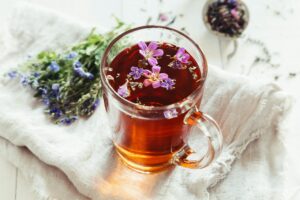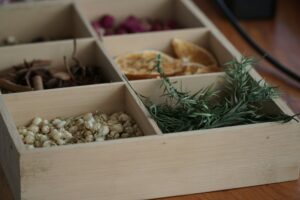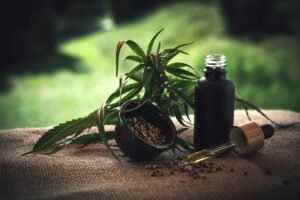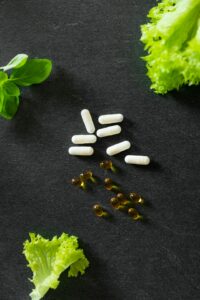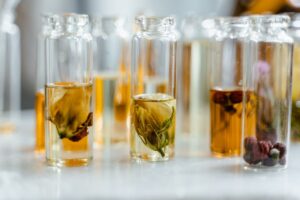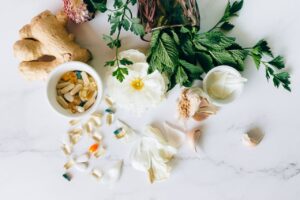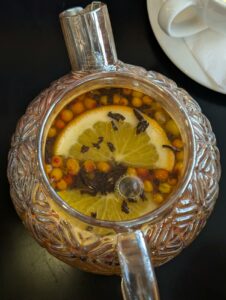Herbal Medicines and How They Work with Prescription Drugs
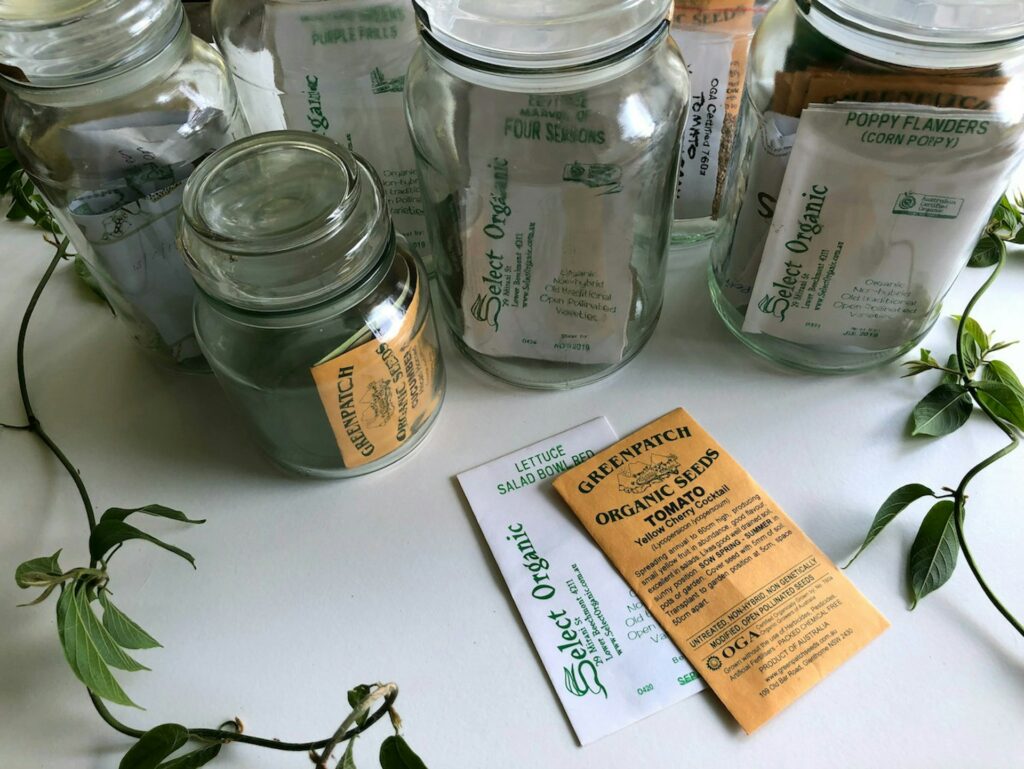
Herbal Medicines and How They Work with Prescription Drugs
People have used herbal remedies to get better and stay healthy for a long time. More and more people are using herbal remedies along with regular medicines in the hopes of getting the best of both worlds. Even though herbs are natural, they can still interact with medicines in ways that could make side effects worse, make the medicine less effective, or create health risks that weren’t expected.
Anyone who takes both herbal and prescription drugs needs to know how they might interact with each other.
Why do drugs and herbs work together?
- Herbs contain active chemicals that can affect the body in ways that are similar to how drugs work. Herbs can do a lot of things, which is why interactions are common.
- Change how fast medicines are absorbed in the stomach.
- Change how the liver breaks down drugs by speeding up or slowing down the metabolism.
- Having an effect on the nervous system, hormones, or blood flow in ways that are similar to how drugs work.
- Compete with or make the medicine work better, which could have bad effects.
1. St. John’s Wort and antidepressants.
- Interaction: Makes a lot of antidepressants, birth control pills, and even blood thinners less effective.
- Risk: When combined with antidepressants, it may induce serotonin syndrome, marked by perilously elevated serotonin levels.
2. Ginkgo biloba and blood-thinning drugs
- Research has shown that ginkgo may lower blood pressure. When taken with other drugs, like aspirin or warfarin, it makes bleeding more likely.
- Some possible side effects are bruising, nosebleeds, and even bleeding inside the body.
3. Supplements with garlic and heart medications
- It seems that garlic and blood-thinning drugs are linked in some way. It might interact with blood pressure medications and blood thinners.
- There is also a chance of dangerously low blood pressure or too much bleeding.
4. Ginseng with drugs that help with diabetes or high blood pressure
- Ginseng might lower blood sugar and have an effect on blood pressure.
- It could cause dangerous changes in blood pressure because it could interact with diabetes medications like insulin or metformin and blood pressure medications.
5. Echinacea’s benefits for people on immunosuppressants
- The interaction is that echinacea boosts the immune system. This could make immunosuppressant drugs that are given for things like organ transplants or autoimmune disorders not work as well.
- Rejection of transplanted organs or the emergence of autoimmune symptoms are additional potential risks.
6. Using kava and sedatives
- Interaction: Kava makes you feel very calm and relaxed. When mixed with prescription sedatives or alcohol, it can have a bad effect on the nervous system.
- Some possible side effects are extreme sleepiness, trouble breathing, or damage to the liver.
7. Heart medications and licorice root products
- Licorice root may make the body hold onto more salt and lose potassium, which could affect drugs that treat heart problems and high blood pressure, like digoxin or diuretics.
- There are risks like an unstable heartbeat, high blood pressure, or an electrolyte imbalance.
8. Blood thinners and turmeric that is not processed
- Turmeric has some minor blood-thinning effects when it comes to interactions. It can interact with blood thinners if you take a lot of it.
- A risk is too much bleeding during surgery or an injury.
Rules and guidelines for using safely
- Always tell your doctor about any herbal supplements you are taking.
- People who take medicine for a long time should not prescribe herbs to themselves.
- Start with small doses and watch for any strange reactions.
- When mixing herbs and drugs, it’s important to use reliable sources first.
- You should only use herbs before surgery if you have to, because many of them can affect bleeding and anesthesia.
Even though herbs can be good for your health, using them with prescription drugs could cause harmful interactions. St. John’s Wort has been shown to make antidepressants less effective, and ginkgo has been shown to raise the risk of bleeding. You shouldn’t ignore these possible effects.
The safest way is to keep in touch with healthcare professionals and pay close attention to the dose. You can get the best of both worlds by using both traditional herbal medicine and modern medicine while lowering the risks of both.

